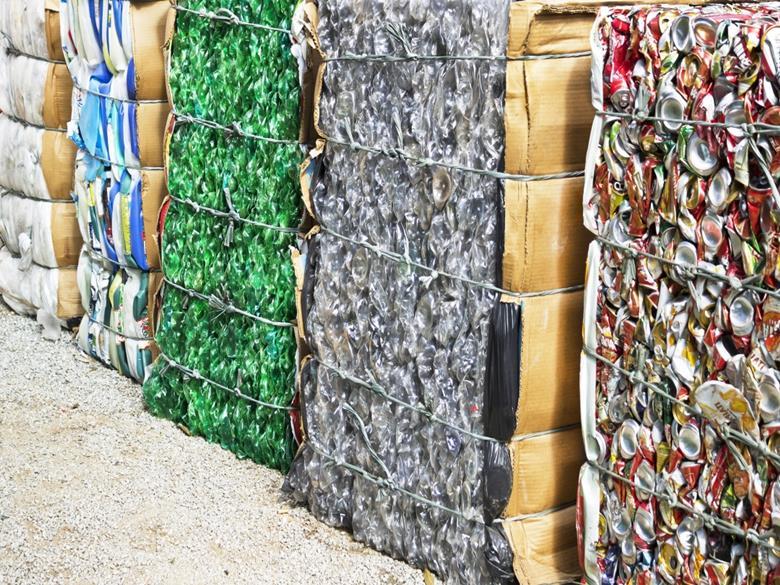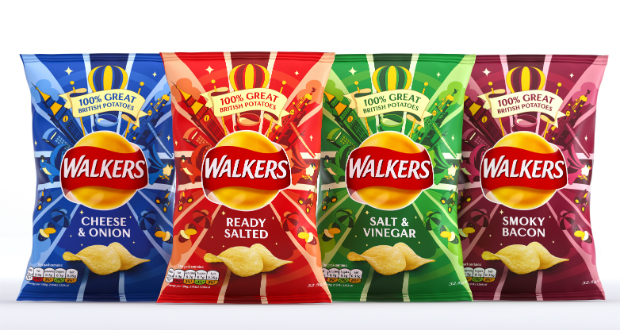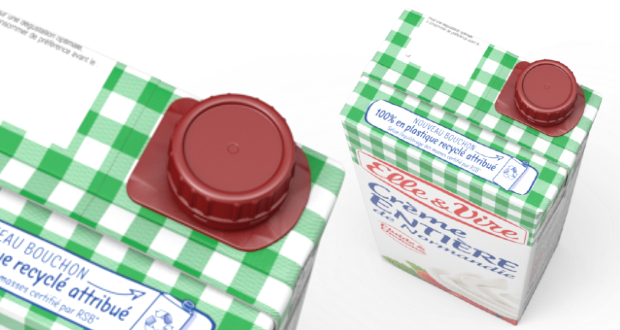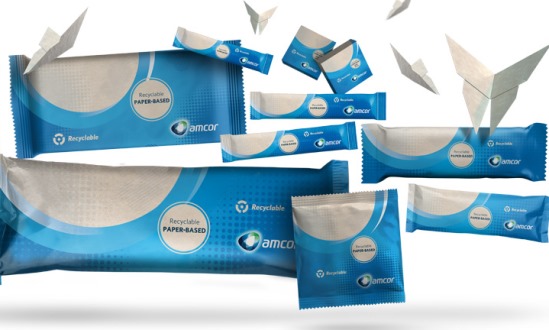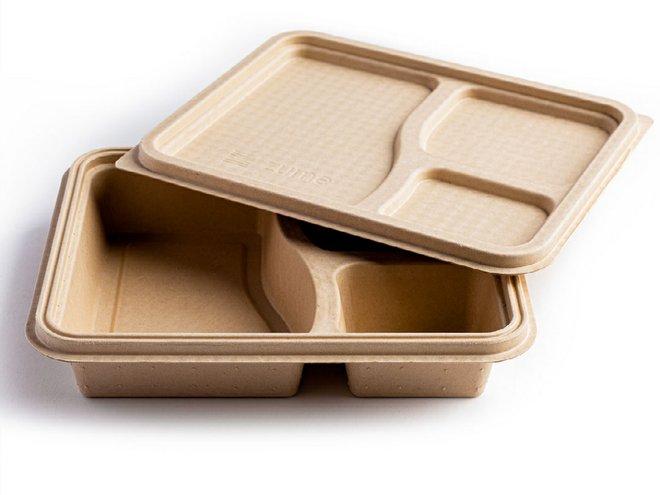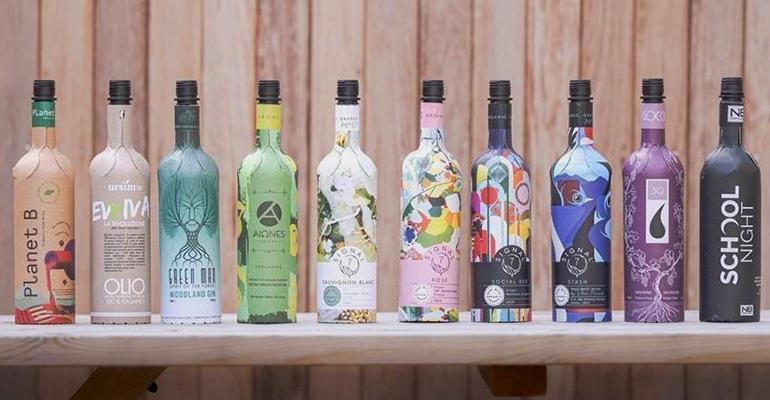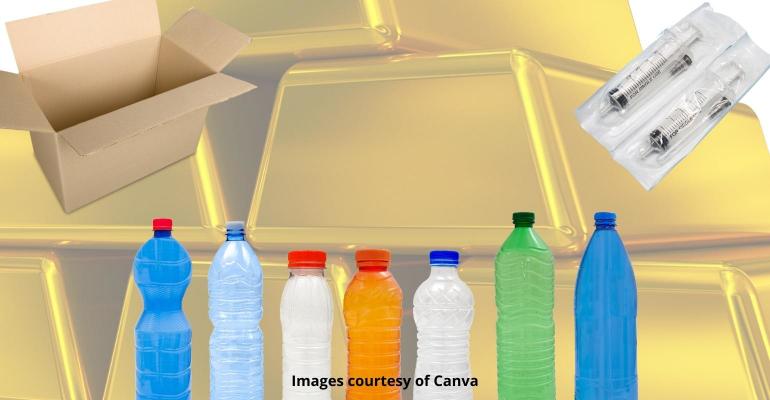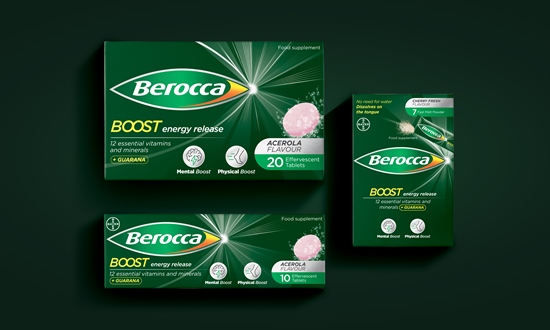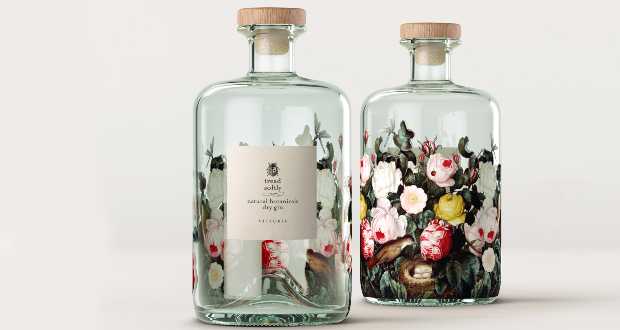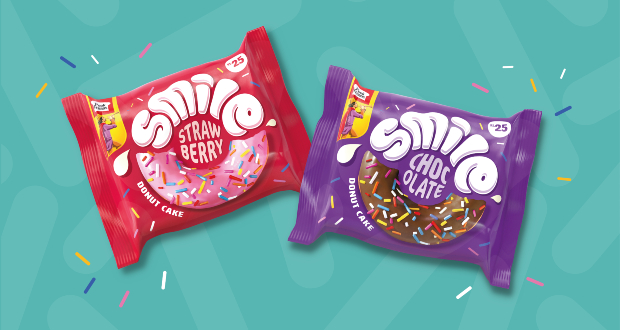As part of its No Plastic in Nature initiative, the World Wildlife Fund (WWF) has produced a position paper that emphasises reduction and reuse while also setting out its principles for evaluating whether it is possible to establish a credible and effective chemical recycling system.
WWF begins its Chemical Recycling Implementation Principles with a statement saying it does not intend for the paper to be an endorsement of any chemical recycling technologies. Instead, the group says the paper is aimed at encouraging responsible decision-making during the development of a sustainable and circular plastics economy.
The key purpose of WWF’s No Plastics in Nature vision is to foster reduction and reuse as the “top strategies”, but it also acknowledges that recycling is necessary for materials where there are not currently reuse systems in place, especially such technologies that allow materials to maintain value and remain in circulation across multiple lifecycles.
The paper identifies pyrolysis, gasification, and solvent-based extraction as examples of chemical recycling and likewise recognises theoretical claims that these technologies could help to reduce demand for virgin, fossil-based plastic and provide alternative waste management systems where mechanical recycling currently lacks technical capacity.
However, the paper goes on to add: “Based on currently available evidence, there are significant concerns that these technologies are energy-intensive, pose risks to human health, and/or will not be able to practically recycle plastic beyond what mechanical recycling already achieves”. WWF says that chemical recycling technologies could increase carbon emissions, reduce progress already made to manage plastic pollution, disincentivise other solutions like reduction and reuse, and potentially endanger worker health and safety. A report from RaboResearch found similar concerns with regards to “worse-than-advertised” environmental impacts, on-going delays, and scalability challenges.
The paper therefore suggests that the impact of chemical recycling “will depend on how it is implemented and designed”. With chemical recycling patents, investments, and technologies continuing to expand, WWF offers its principles “to help ensure that chemical recycling technologies will serve a useful, complementary role in the circular economy”.
There are ten principles in total, which WWF says are equally weighted in terms of priority:
1. Chemical recycling should not divert resources from efforts to implement existing proven approaches to address the global plastic pollution problem.
2. Chemical recycling processes should demonstrate a reduced carbon footprint compared with the production of virgin resin.
3. Chemical recycling must not negatively impact local communities and must demonstrate their operation is safe for human health.
4. Safeguarding nature – chemical recycling technologies must not adversely impact our air, water, and environment.
5. The use of chemical recycling should be complementary to existing waste management systems and not compete for feedstocks with mechanical recycling.
6. Plastic waste streams should be matched to the most environmentally efficient technology available.
7. Only material-to-material applications of chemical recycling should be considered recycling and part of a circular economy.
8. Chemical recycling systems should not transform recyclable material into non-recyclable material.
9. Claims made regarding chemical recycling should be true, clear, and relevant.
10. Plastic recycled with chemical recycling technologies should be verified with chain of custody.
With regards to the environmental impact of chemical recycling, WWF posits that any chemical recycling technology developed should achieve at minimum a 20% reduction in greenhouse gas emissions (GHG) at demonstration scale compared to the virgin production system. It adds that this reduction should increase as technologies begin to scale, with a focus on maintaining the 1.5oC target limit proposed by the Paris Agreement.
WWF’s focus also appears to be on ensuring that chemical recycling technologies are complementary. According to the paper, this means limiting the unintended environmental consequences of chemical recycling and especially avoiding a situation where using chemical recycling to eliminate plastic pollution results in another significant ecological challenge to address in the future.
This would also require chemical recycling to work in addition to, and avoid undercutting, proven mechanical recycling methods. Therefore, WWF notes that there needs to be clear and standardised guidance on which recycling technologies will produce the greatest yield and quality of recycled products, with decisions in favour of or against particular methods based on transparent data.
WWF emphasises the need for material-to-material chemical recycling, building in the opportunity for a closed-loop system and requiring that the materials produced from chemical recycling are themselves recyclable. The “ideal case” identified in the paper is the upcycling of waste plastics into more value feedstock. According to WWF, this would mean that fractions of material that are converted into energy, fuel, or lost in the recycling process would be excluded from data on the recycling rate of chemical recycling and not considered part of the circular economy.
To maintain accountability, WWF calls for public-facing claims about recycled content to be clarified, particularly with relation to a mass-balance approach versus physically segregated recycled content, which the group says should be distinguished. WWF says that recycled content claims should only apply to recyclable products. Additionally, all claims should be compliant with local legal guidelines and verified by 3rd parties, especially where chemical recycling technologies cannot be distinguished from virgin, fossil-based plastics by the public, according to WWF.
As for the human impacts, WWF says that environmental justice principles must be upheld during the implementation of chemical recycling technologies. This means reducing and controlling the risks to human health associated with the high levels of heat, pressure, and chemical solvents that may be required during chemical recycling, and avoiding chemical recycling in cases where this safety cannot be guaranteed.
On the new principles, Alix Grabowski, director of plastic and material science at WWF, comments: “Even as technologies advance, we can’t recycle our way out of the growing plastic waste crisis.
“Instead of just focusing on recycling, we should prioritize strategies like reducing our overall single-use plastic consumption and scaling up reuse, which offer the best opportunity to achieve the widescale change we need.
“For a technology like chemical recycling to be part of a sustainable material management system, we must carefully look at how its designed and implemented and whether or not it offers environmental benefits over the status quo, adheres to strong social safeguards, and truly contributes to advancing our circular economy. These principles are designed to do exactly that.”
Source:
https://packagingeurope.com/news/wwf-releases-chemical-recycling-principles/7812.article

